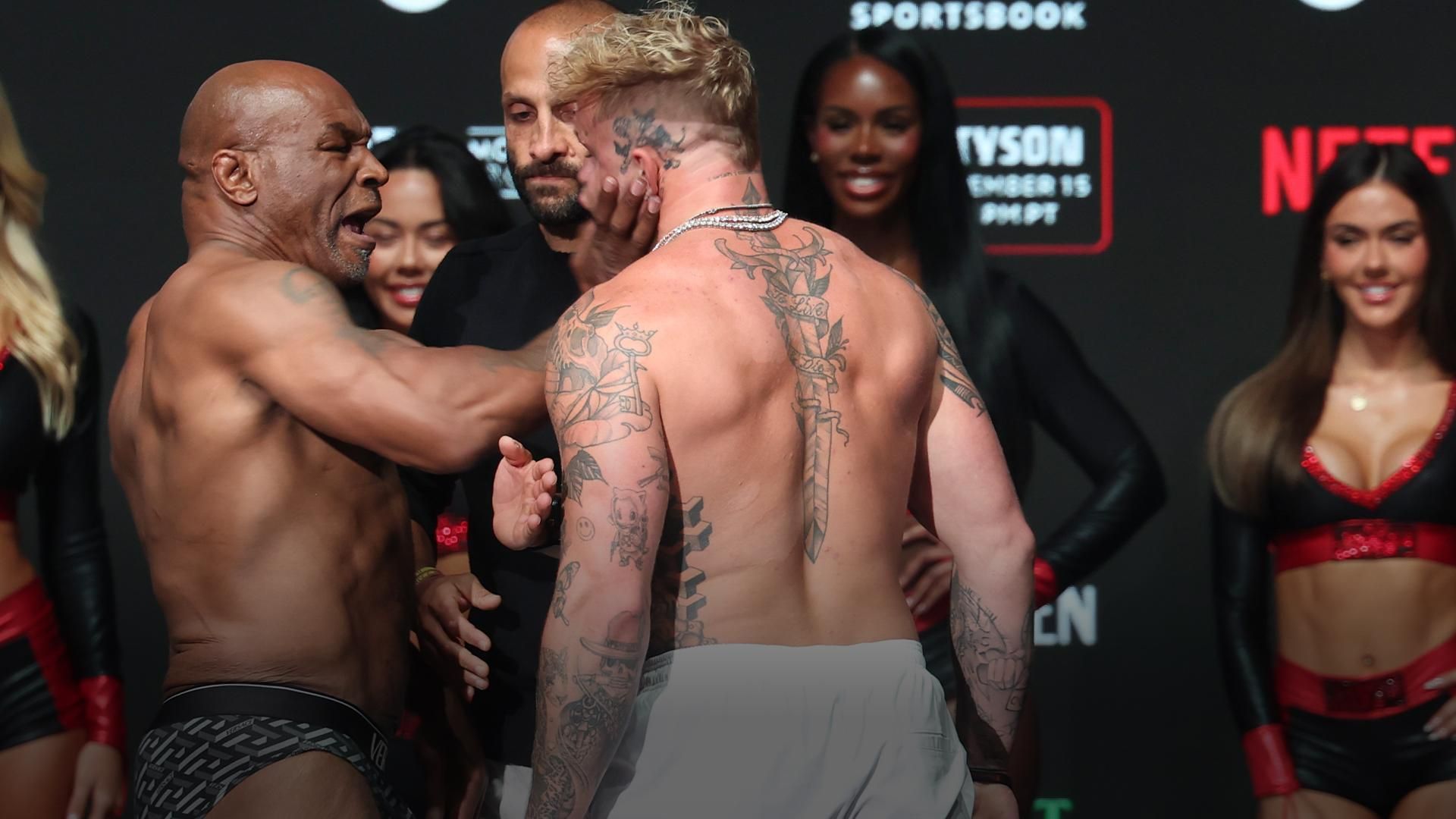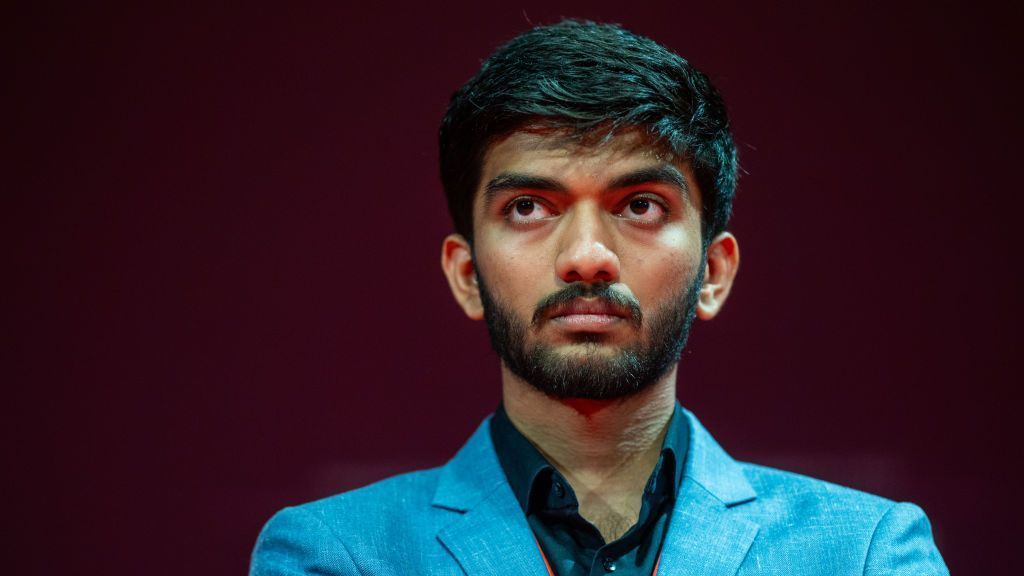
There have been, I’m sure, a million books written about sport. Millions more articles and columns and interviews and match reports. I’ve hardly read them all, but I’ve read a few.
The writing, to me, was always just as important as the action. It gave it a second life, one beyond the moment. If the words were good enough, the magic lingered.
I was lucky, I guess, to have been brought up at a time when sporting history was happening around me, and I was part of it, only in the sense I was able to bear witness. Stephen Roche. Italia ‘90.
Mayo losing All Irelands. Sonia. Keano.
Harrington. Each one a “remember-where-you-were-when” memory, etched in the bark of my tree of life. The winning and the losing happened in real time.
The writing that followed embalmed it, preserving it for eternity. That’s what great sports writing has always done – grant magical moments the gift of an afterlife. My favourite piece of sports writing does not appear in a sports book, or an interview or a Red Smith column.
It’s not even technically sports writing, but it is about sports. It’s not that obscure, either, hidden as it is in plain sight in the first chapter of one of the most celebrated (if little read) novels of contemporary American literature. It spoke of a time before I was born, about people, real and imagined, and an event in sport I’d never heard of until I read it.
When I did read it, it made perfect sense to me, probably because it was not written from the perspective of the athlete, but that of the fan. And though I flirted with greatness once (other peoples, mostly), I knew quite early which side of the line I was destined to be on. Those who can, do.
Those who can’t, well they read about it. Those in the middle, like me, if we’re lucky, we get to write about it. “Longing on a large scale is what makes history.
This is just a kid with a local yearning but he is part of an assembling crowd, anonymous thousands off the buses and trains, people in narrow columns tramping over the swing bridge above the river, and even if they are not a migration or a revolution, some vast shaking of the soul, they bring with them the body heat of a great city and their own small reveries and desperations, the unseen something that haunts the day — men in fedoras and sailors on shore leave, the stray tumble of their thoughts, going to a game.” This is the third paragraph of Don DeLillo’s Underworld , a book so intimidating in its scale that I struggle to believe I ever actually read it through. In a way, it duped me, seducing me as it does each time I re-read that paragraph with its subtle nuance - “some vast shaking of the soul” and “the unseen something that haunts the day.
” All DeLillo is doing is describing people going to a game. I think of it often. MacHale Park on Saturday night.
The Athletic Grounds and Celtic Park yesterday. The venues are different, so too the sport, but the sentiment is the same. The stray tumble of your thoughts tripping you up as you make your way to a game of football.
The opening chapter, “The Triumph of Death” , is a masterclass in descriptive narrative, sixty pages that touch upon gargantuan themes that drive the novel; American hubris, pop-culture mythology, mass production, cultural and material waste, communism, capitalism and baseball. Not just the sport of baseball, but an actual baseball, and its metaphorical presence and symbolism across generations. My brother gave me a copy of Underworld over 20 years ago when I was deploying with the military for the first time.
Within it was inscribed one simple instruction; “Finish it.” He knew me well. It is less of a book, more a postgraduate course in philosophy, populated by words and characters so rich they could give a man literary gout.
Like the actual baseball in the first chapter, this novel became a formative artefact, one that recurs and repeats in my life, rebounding in the bleachers, scuttling around people's feet, hands reaching and grabbing and slapping each other away. It is within reach, but forever unattainable. Even when you think you have it in your fingers, you don’t.
My first reading of it coincided with the Boston Red Sox - a team and a city I had fallen in love with just a few summers before - run to the World Series in 2004. That those opening pages spoke of the storied pennant game of 1951 between the New York Giants and Brooklyn Dodgers at the Polo Grounds (and Bobby Thompsons “shot heard around the world”) was a neat coincidence. I always take a little pride in the fact I was in Fenway long before the Sox started winning.
When Nomar Garciaparra was swinging (and missing) at the first pitch. When Johnny Damon still looked like Jesus. The longing hung in Boston those summer evenings like a fog over the Charles.
In the end, when they finally broke the Curse of the Bambino in ‘04, it was not the winning that made history, but the longing that fed it for decades. The World Series started this weekend. The Dodgers, now in LA, and the Yankees, still in New York.
Two box office teams, boasting the biggest names in the sport. Serendipitously, Netflix just dropped a documentary on the 2004 Boston Red Sox, called The Comeback, which traces Boston’s epic resurrection from a 0-3 game deficit to beat the Yankees en route to their historic World Series. Baseball is a beautiful sport, on and off the diamond.
It is both simple and majestically cinematic. A game of ritual and respect. Of brute force and intricate skill.
This week, I implore you to buy a copy of Underworld . Don’t be put off by its weight. Just read the first sixty pages.
Then watch the World Series. Or the Red Sox. There’s a good chance the unseen something that haunts your day will give way to a triumphant transcendence only sport, music and literature can achieve.
The cigarette smoke and the hot dogs and the bang of urine from the toilets. The unmistakable crack of ball-on-bat. The sky above and the field below.
“All the fragments of the afternoon collect around his airborne form. Shouts, bat-cracks, full bladders and stray yawns, the sand-grain manyness of things that can’t be counted. It is all falling indelibly into the past.
” Ignorance is no excuse when it comes to City, UAE and the darkest side of our games This is no fun for anybody. And sports should be fun. So, we tell our children, at any rate.
Closing our eyes and hoping for the best when choosing what teams to blindly support is understandable because we want sport to exist outside the realities of our daily lives, but, with increasing state ownership and sponsorship of sports teams and franchises, ignorance is no longer forgivable. Abu Dhabi owns Manchester City, the most successful British club of the last 20 years. Despite the many human rights abuses it stands accused of at home in the UAE, Abu Dhabi has also been implicated in its role in regional wars, including Yemen and Sudan, where it’s an open secret the oil rich Emirate funds, arms and supports local militias in order to prolong brutal conflicts and further its own malicious agendas.
According to a letter to the UN Security Council earlier this year, an appointed panel of experts stated that the UAE “established logistical operations to send weapons to the Rapid Support Forces through its networks in Libya, Chad, Central African Republic, South Sudan and Uganda. Armaments and supplies were disguised as humanitarian aid.” Why? Well, gold, for one thing.
Almost all the bullion smuggled out of Sudan goes to the UAE. Sudan is also the largest agricultural producer in Africa. The UAE imports 90% of Sudan’s food supply, this, despite the country being on the brink of the worst famine in the world.
Sound familiar, Ireland? Saudi Arabia (owners of Newcastle United) are also complicit. Boring, right? News, just not for the sports pages. We’re sick of war and sick of death and just want to watch football.
There's one way to stop pieces like this appearing on the back pages. Boycott teams that enable sportswashing. Protest governments and associations that allow nefarious actors to become team owners.
Vote with your feet and stay away. There's only one way to effect change in Big Sport - hurt the bottom line. Fresh from a weekend of horrific slaughter in Al Jazirah, south of Khartoum, we need to increasingly be mindful that ignorance is not an excuse.
If we’re not, we remain a small, but very real, part of the problem. New flags but familiar slopes as Braathen and Hirscher chase common goal The Alpine Ski World Cup started its season this weekend in Sölden, Austria, with two stories as similar as they were separate. One year after his emotional retirement from ski racing, former champion Lucas Braathen returned to the slopes, this time under the Brazilian flag, and not that of his native Norway.
Arguably the headline story was the return of eight-time World Cup champion Marcel Hirscher, who returned to the snow for the first time in five years. Just not for his native Austria. Hirscher announced his comeback earlier this year under the Dutch flag.
Both cite love of their respective mothers' homelands for their change in allegiance. What's just as likely is the looming winter Olympics in Milan-Cortina in 2026. GAA have done the hard part — being open to change Long accused of being resolutely opposed to it, the GAA has at least proven it is open to change.
Calendars, rules, administration - each one has been audited and, in most cases, amended with a view to improving the lot of players, volunteers and - loathe as I am to use the word - consumers. Success is not guaranteed, and the organisation needs to retain the ability to adapt further, rather than shut the door and say "suck it up, we tried.” Change is an imperfect process and should be fluid.
They have done the hard part, which was to begin..














